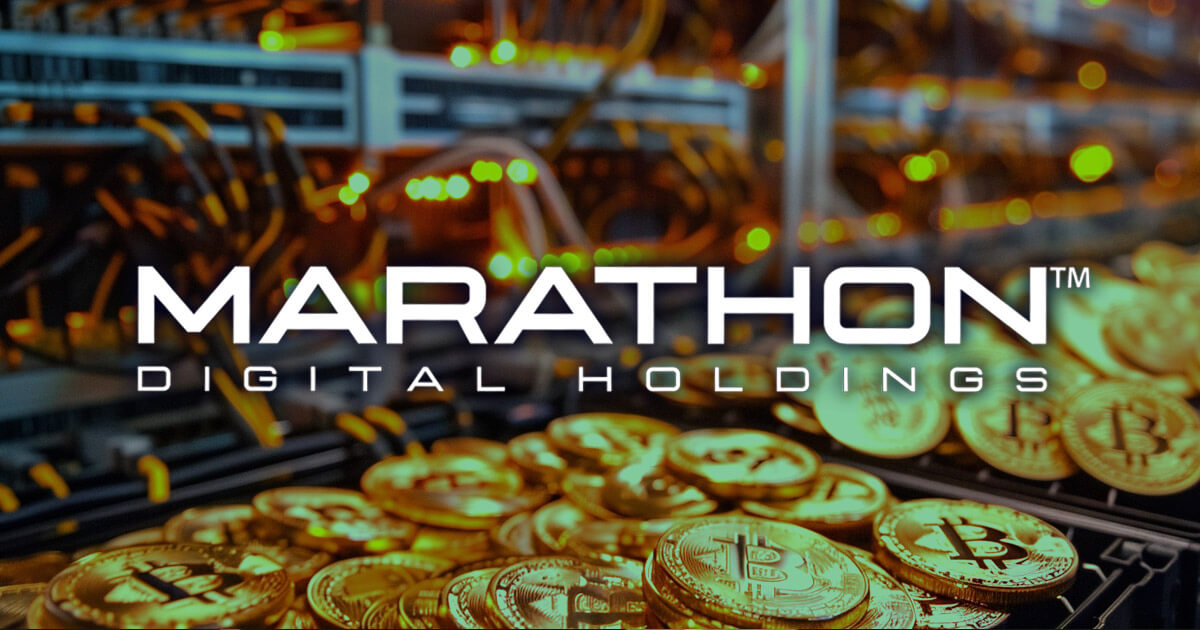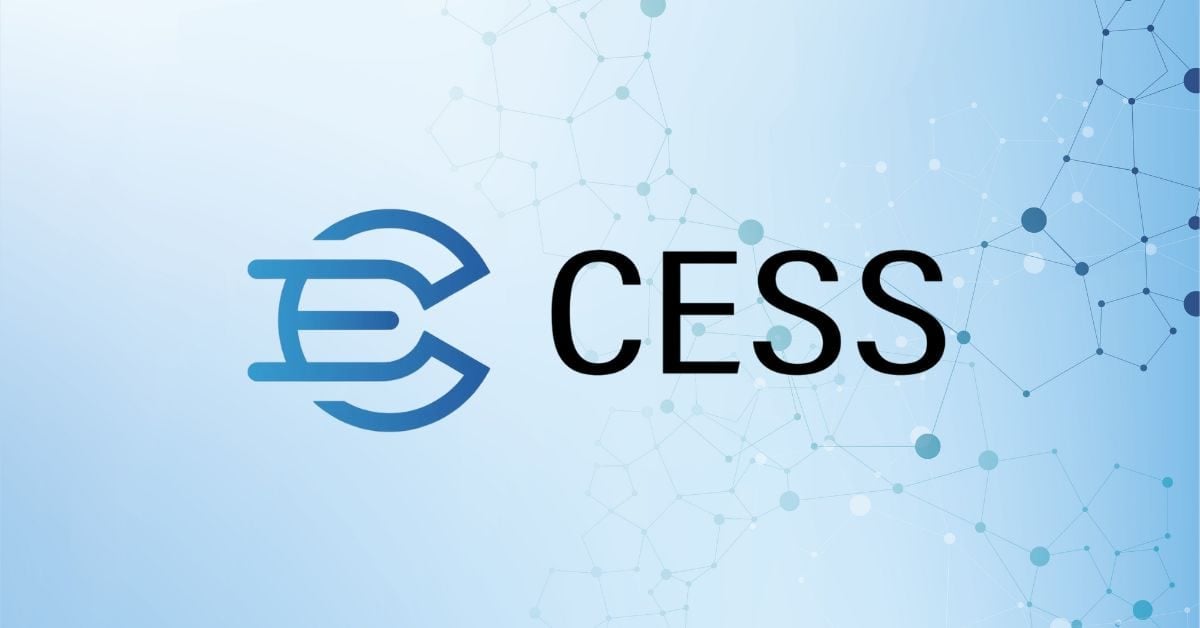CleanSpark Doubles Bitcoin Mining with New Mississippi Acquisition



CleanSpark has boosted its Bitcoin mining efforts with the acquisition of two new sites near Clinton, Mississippi.
On September 17, the Bitcoin miner said he had purchased the new site for $5.775 million and could support 16.5 megawatts.
According to the company, the location will be equipped with an S21 Pro miner, providing a total operating hash rate of approximately 1 exahash per second (EH/s). He added that the site will be turnkey ready by December 1. These additions will increase the company’s data center capacity in Mississippi to 60.5 MW.
Over the past week, CleanSpark’s operating capacity has increased by 38%, reaching 211.5 MW. According to CEO Zach Bradford, this expansion supports the company’s goal of achieving 37 EH/s capacity by the end of 2024 and 50 EH/s by 2025.
In a separate update, CleanSpark confirmed the closure of its 45 MW site in Wyoming on September 11, 2024. Once operational, the facility is expected to contribute an additional 3EH/s. The site features an immersion-cooled data center supporting the latest S21 immersion XP miners.
Meanwhile, the latest news comes less than a week after CleanSpark announced it was purchasing seven mining facilities and associated land in Tennessee for $27.5 million.
Bitcoin Mining Focus
CleanSpark co-founder Mathew Schultz explained that the acquisition demonstrates the company’s continued focus on Bitcoin mining, in contrast to its competitors’ diversification into artificial intelligence (AI).
While many miners are turning to AI or dedicating resources to alternative tokens, CleanSpark is focused on expanding Bitcoin mining capacity, according to Schultz.
Over the past few months, AI-focused miners have pervasive Build data center infrastructure to capitalize on opportunities in the fast-growing AI sector. In particular, the Bernstein report states that investors have stronger confidence in these types of miners due to their multiple revenue streams and potential upside.
But Schultz doesn’t seem to mind this, noting that growing demand for Bitcoin and the company’s strategy to add megawatts and efficient Exahash capacity could help it deliver on its promise.



